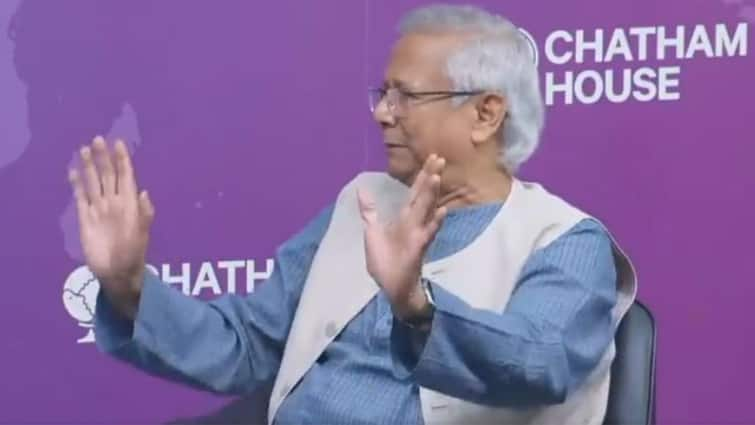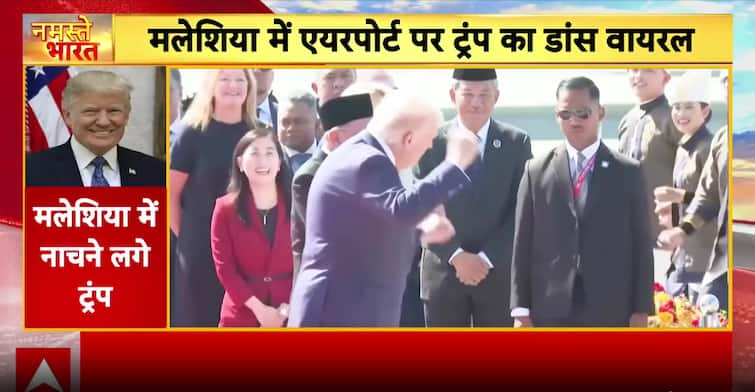Bangladesh’s interim leader, Muhammad Yunus, has triggered a major controversy after being seen presenting a Pakistani general with a book featuring a distorted map that depicts India’s northeastern states as part of Bangladesh.
Controversial Gift
The incident occurred during the visit of Pakistan’s Joint Chiefs of Staff Committee chairperson, General Sahir Shamshad Mirza, to Dhaka over the weekend. The meeting came amid a recent thaw in ties between Pakistan and Bangladesh, countries whose relationship has been historically strained since the 1971 Liberation War.
On Sunday, Yunus posted photos of his meeting with General Mirza on social media. One of the images showed him gifting a book titled Art of Triumph to the Pakistani general. The book’s cover carried a distorted map that portrayed India’s seven northeastern states as part of Bangladeshi territory, aligning with the “Greater Bangladesh” narrative promoted by radical Islamist groups.
The image drew swift outrage online, with critics accusing Yunus of encroaching upon India’s sovereign domain. India’s Ministry of External Affairs has yet to issue an official response.
Thaw in Bangladesh-Pakistan Relations Under Yunus
Since taking charge as interim leader in August 2024, following the fall of Sheikh Hasina’s Awami League government amid violent student protests, Yunus has overseen a visible warming of relations between Dhaka and Islamabad. The meeting with General Mirza further underscores this shifting diplomatic equation.
Repeated References to India’s Northeast
This is not the first time Yunus has made remarks about India’s northeastern states. Earlier this year, the Nobel laureate courted controversy during his maiden visit to China in April, when he described Bangladesh as the “only guardian of the ocean” for the region and labelled northeast India as “landlocked”.
“The seven states of India, the eastern part of India… they are a landlocked country. They have no way to reach out to the ocean,” Yunus said during his discussions with Chinese officials.
“We are the only guardian of the ocean for all this region. So this opens up a huge possibility. So this could be an extension of the Chinese economy,” he added.
His comments were widely criticised in New Delhi as an attempt to undermine India’s regional influence and align Bangladesh more closely with China.
India’s Strategic Response
India has long faced logistical challenges in connecting its northeastern states via the narrow Siliguri corridor, known as the “Chicken’s Neck”. Over the past decade, it has worked with Dhaka to strengthen transit routes through Bangladesh, cooperation that has since deteriorated under Yunus’s interim administration.
In response to Yunus’s remarks, External Affairs Minister S. Jaishankar reaffirmed the strategic importance of the northeast, calling it a key hub for the Bay of Bengal Initiative for Multi-Sectoral Technical and Economic Cooperation (BIMSTEC), which includes Bangladesh, Bhutan, India, Myanmar, Nepal, Sri Lanka, and Thailand.
Following rising tensions, India also cancelled a transhipment agreement that allowed Bangladeshi goods to move through Indian territory to Nepal, Bhutan, and Myanmar.
Rising Provocations and Diplomatic Strain
The situation further escalated after a close aide of Yunus, Major General (retd) Fazlur Rahman, suggested that Bangladesh should “collaborate with China to occupy India’s northeastern states” if a conflict erupted between India and Pakistan. The remarks came shortly after the Pahalgam terror attack that killed 26 people in Jammu and Kashmir.
In 2024, another Yunus aide, Nahidul Islam, drew outrage by sharing a “Greater Bangladesh” map that incorporated parts of West Bengal, Tripura, and Assam into Bangladeshi territory. The post was later deleted following widespread backlash.
Despite multiple provocations from figures within his circle, Yunus has remained silent — a stance analysts interpret as a calculated move amid Dhaka’s deepening engagement with both China and Pakistan.



